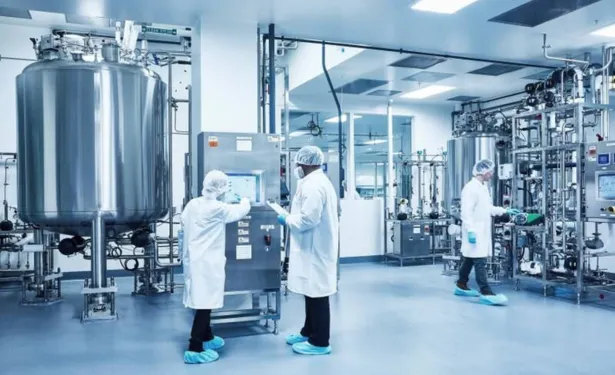Navigating the Halal Debate: Lab-Grown Meat and Islamic Perspectives
- Feb. 2, 2024
- FMCG HORECA BUSINESS

In recent years, the emergence of lab-grown meat has sparked discussions within the Muslim community regarding its compatibility with halal dietary laws. This innovative approach to meat production offers a potential solution to environmental and ethical concerns associated with traditional livestock farming. However, its acceptance within Islamic dietary guidelines remains a topic of debate among scholars.
Lab-grown meat, also known as cultivated meat, is produced by extracting cells from animals and cultivating them in a laboratory setting. The cells are then encouraged to grow and multiply in a nutrient-rich environment, ultimately forming edible tissue that resembles conventional meat. Proponents of this technology argue that it offers a more sustainable and humane alternative to traditional meat production methods, as it eliminates the need for animal slaughter and reduces environmental impact.
From an Islamic perspective, the question of whether lab-grown meat is halal revolves around several factors. One crucial consideration is the source of the initial cells used to cultivate the meat. According to Islamic dietary laws, meat is considered halal only if it comes from animals that have been slaughtered in accordance with specific religious guidelines. Therefore, for lab-grown meat to be deemed halal, the cells used in its production must originate from a halal source.
Scholars like Imam Farhan Siddiqi argue that lab-grown meat can be considered halal if the cells are obtained from animals that have been slaughtered in accordance with Islamic principles. This viewpoint emphasizes the importance of ethical sourcing and humane treatment throughout the production process. However, other scholars may hold different interpretations, leading to varying opinions within the Muslim community.
The acceptance of lab-grown meat as halal also raises broader questions about the intersection of religion, technology, and ethics. As advancements in food production continue to evolve, Muslims around the world must navigate these complex issues while upholding their religious beliefs and values. Ultimately, the halal status of lab-grown meat remains a nuanced and ongoing discussion within Islamic jurisprudence.
In conclusion, the debate surrounding lab-grown meat highlights the need for thoughtful consideration of ethical and religious principles in the context of modern food technology. While some Muslims may embrace this innovation as a sustainable option aligned with their values, others may approach it with caution, emphasizing the importance of adherence to halal standards. As this conversation evolves, it underscores the significance of engaging with diverse perspectives within the Muslim community to address contemporary challenges in food ethics and sustainability.









